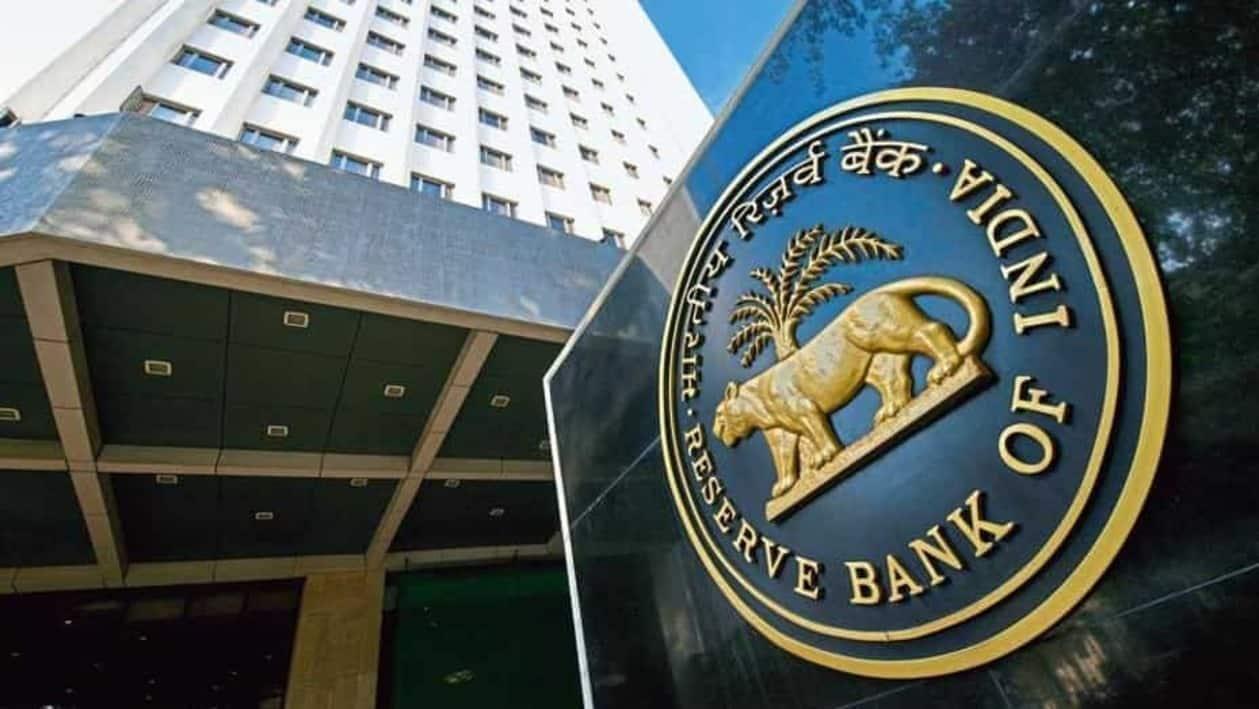In response to its deteriorating financial status, the Reserve Bank of India (RBI) has implemented limitations on The National Cooperative Bank, which is one of Bengaluru’s well-established institutions. As a result, the bank can now only offer a maximum deposit withdrawal limit of ₹50,000 across all its accounts.
Furthermore, the country’s Central Bank has forbidden the bank from renewing loans, making investments, taking on new liabilities, processing payments, or accepting any new deposits.
As per the RBI, the business restrictions will be enforced for a duration of six months, starting from July 24, 2023. These limitations are subject to review and may be reevaluated at the end of the specified period. As per the RBI, the Deposit Insurance and Credit Guarantee Corporation (DICGC) will provide depositors with insurance claims of up to ₹5 lakh.
As stated by the regulator, the implementation of business limits does not lead to the termination of the banking licence. The bank will be allowed to continue its banking operations with the imposed restrictions until its financial status improves, as per the RBI’s guidelines.
The Reserve Bank retains the right to adjust these guidelines based on the prevailing circumstances. As mentioned by the RBI, the business limits will be in place for a six-month period commencing from July 24, 2023, and will be subject to periodic review.
In May, the RBI imposed a monetary penalty on the National Co-operative Bank due to regulatory violations. The bank had been imposing predetermined penalties for not maintaining the minimum required balance in savings accounts, rather than penalties commensurate with the extent of the shortfall, as per the RBI’s findings.
What should depositors do?
The bank’s customers panicked at the sudden development. However, Priyadarshini Moreshwar Mulye, a SEBI Registered Investment Advisor and Founder, ARTHA FinPlan said, “Depositors should not panic at first. The Reserve Bank of India takes all precautionary measures to safeguard investors’ interests and money. In such cases, they should first withdraw up to the ‘maximum permissible limit’ set by RBI to withdraw money. They should take regular note of the situations & communicate to recover the pending money invested. Fixed deposit investments up to ₹5 lakhs can be received as they are insured under the DICGC. As a learning, one should always diversify investments suitably. For bank FDs, one should invest up to ₹5 lakhs per bank per PAN as it is insured under DICGC.”
Suresh Sadagopan, Founder, Ladder7 Wealth Planners added, “At this stage when the restrictions are already imposed and nothing much can be done. They have to be content with taking out up to ₹50,000 per account as permitted.”
This is not the first time that the RBI has taken cognizance of the non-performance of cooperative banks. Before this too, many such banks have been under intense scrutiny of the Central Bank. In all such situations, depositors mainly face the brunt as they are unable to withdraw their deposits and fear losing their money kept with the bank.
As of March 31, 2021, the most recent annual report indicates that The National Co-operative Bank held total deposits amounting to ₹1,679 crore and had disbursed loans totalling ₹1,128 crore. Unfortunately, no data is available beyond that date.
According to the same annual report, the bank’s net non-performing assets stood at 27.81 per cent as of March 31, 2021, while its capital adequacy ratio was recorded at 12.12 per cent.
The bank operates approximately 13 branches located across Bengaluru.
